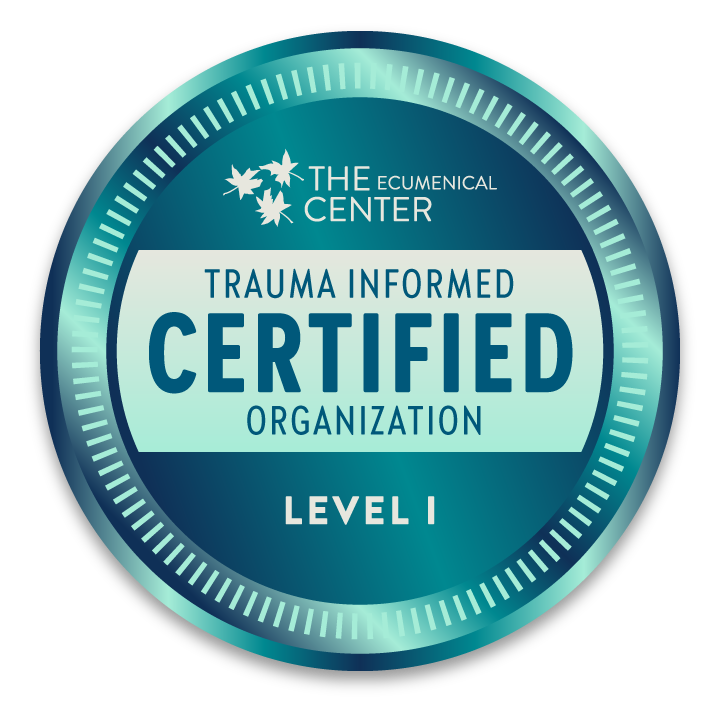Key Takeaways
- Compassion Fatigue Awareness: Social workers and caregivers must recognize the signs of compassion fatigue, which can jeopardize their well-being and the quality of care they provide.
- Prioritizing Self-Care: By prioritizing self-care practices such as body awareness and seeking support, individuals can build resilience and mitigate the effects of compassion fatigue.
- Organizational Support Matters: Organizational leadership can play a crucial role in supporting their employees’ well-being by promoting work-life balance and providing access to resources.
As we honor Social Work Month, let’s shine a light on a critical issue: self-care and its pivotal role in combating compassion fatigue. Did you know that over 70% of social workers experience symptoms of compassion fatigue to some degree1? It’s a sobering statistic that underscores the importance of addressing this issue head-on.
Social workers dedicate themselves to supporting others, often at the expense of their own well-being. Compassion fatigue, characterized by emotional exhaustion and distress, not only affects individuals but also impacts workplace productivity and quality of care. It can arise from various factors, including heavy workloads, poor work-life balance, and a lack of support. Social workers also often experience secondary trauma – the trauma that comes from witnessing the pain and suffering of others. Without adequate self-care, social workers risk burning out and being unable to provide the crucial support their clients need.
At Chosen, we recognize that the families we serve may also experience compassion fatigue and secondary trauma. As the helpers and healers of their own families, caregivers often prioritize their children’s needs over their own, leading to an unintentional neglect of their own well-being. This selflessness, while admirable, can result in caregivers finding themselves emotionally drained and overwhelmed.
What are the signs and symptoms of compassion fatigue?
» Feeling “on edge”, angry, irritable
» Easily overwhelmed by work responsibilities
» Mental and physical exhaustion
» Sleeping difficulties
» Impaired ability to care for patients
» Decrease in work satisfaction and productivity
» Disconnect from colleagues
» Reduced ability to feel sympathy orempathy
» Pessimistic or cynical attitude
» Impaired judgement and behavior
» Apathy and isolation
How can Social Workers and Caregivers deal with Compassion Fatigue?
There is hope! By prioritizing self-care, social workers and caregivers can build resilience and mitigate compassion fatigue’s effects. Practices such as adequate rest, mindfulness, and seeking social support can bolster well-being. For example, taking short breaks during the day to practice deep breathing or mindfulness exercises can help alleviate stress and promote mental clarity. Additionally, fostering a culture of compassion satisfaction—finding fulfillment in helping others—can counteract the negative effects of compassion fatigue.
Let’s not forget the importance of organizational support. At Chosen, we are committed to providing our employees with the resources they need to prioritize their well-being. This includes promoting work-life balance, offering access to mental health resources, and encouraging regular check-ins with supervisors to discuss workload and stress levels. If your organization or family needs to make some changes in order to better prioritize self-care, be brave and start the discussion. By modeling making self-care a priority, you will encourage those around you to do the same.
Thank you Social Workers and Caregivers
As we celebrate Social Work Month, we want to thank those on our staff as well as many of our partners who work in this critical profession. Let’s use this opportunity to reaffirm our commitment to both social workers and the families they serve. By prioritizing self-care, we not only enhance our own well-being but also ensure that we can continue to provide the high-quality care and support that our children and families need and deserve. Remember, we can’t pour from an empty cup—by caring for ourselves, we empower ourselves to better care for others.
The following resources provide more information and support for social workers and caregivers:
Burnout and Self-Care in Social Work: A Guidebook for Students and Those in Mental Health and Related Professions offers strategies for social workers to deal with compassion fatigue and burnout in the workplace.
Compassion Fatigue Assessment Tool is used to help social workers recognize the visible and invisible signs of compassion fatigue, investigate the root causes of compassion fatigue, and seek additional help, if necessary.
Professional Quality of Life (proQOL) tool is intended for any helper – health care professionals, social service workers, teachers, emergency response, caregivers, etc. Understanding the positive and negative aspects of helping those who experience trauma and suffering can improve your ability to help them and your ability to keep your own balance.
Compassion Fatigue Awareness Project helps to bring awareness of compassion fatigue by providing assessment tools and resources
Compassion Resilience Toolkit for Health and Human Services Leaders and Staff looks at strategies to maintain the provider’s well-being when with the distress of patients, colleagues, and loved ones.
Compassion Resilience Toolkit for Parents and Caregivers looks at strategies to maintain the caregiver’s well-being when with the distress of children, family members, and others counting on them for support.
The Network for Social Work Management, Self-Care Toolkit. This toolkit contains multiple tools to evaluate stress levels, foster resilience, and improve self-care.
- What is Compassion Fatigue in social work? Ohio University. (2021, September 13). Retrieved July 22, 2022, from https://onlinemasters.ohio.edu/ blog/what-is-compassion-fatigue/
- Cocker, F., & Joss, N. (2016, June 22). Compassion Fatigue among healthcare, emergency and Community Service Workers: A systematic review. International journal of environmental research and public health. Retrieved July 1, 2022, from www.ncbi.nlm.nih.gov/pmc/ articles/PMC4924075/













